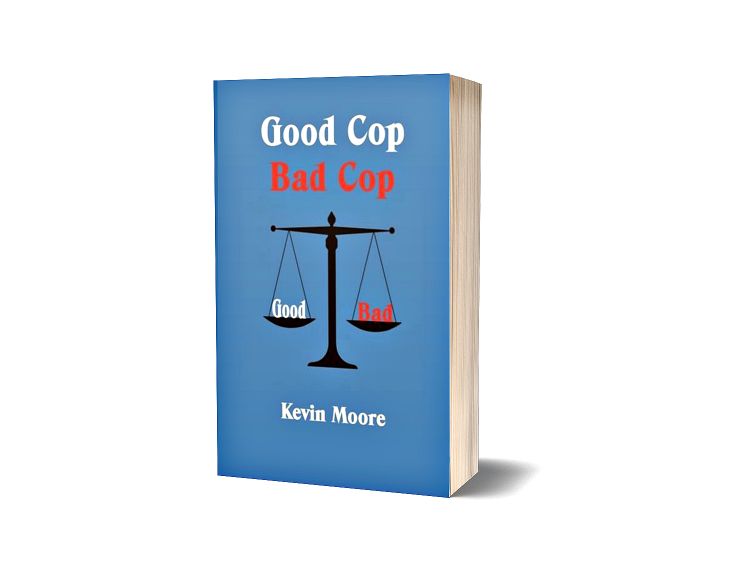
It is my belief that most police officers are good hard working public servants… most police forces place their reputation above the law and the people they serve. The police have a totally unique place in Society, they are operationally independent.
Foreword
Corruption and misconduct within the police service have a considerable negative impact on public trust and confidence. Traditionally, the police have scored highly when measured against others such as teachers, doctors, solicitors and politicians, in terms of trustworthiness. Therefore, failures in this regard can have a devastating impact on the maintenance of law and order in its totality, if taken to the extreme. Is it a case of a ‘few bad apples’ or is the problem much wider than that?
There have been many causes célèbres over the years, where the conduct of police officers has fallen short of public expectations. Police corruption and misconduct can show itself in many ways, from taking bribes from top-end criminals at one end, through so-called ‘noble cause’ corruption and on to minor indiscretions at the other. However, even the latter can lead to worsening behaviour, negatively affecting whole teams of police officers. Such things can eat away at an organisation like a cancer.
What I have set out to do in this book is describe the different forms of corruption and what they mean in reality. I have tried to unpick the potential impact of police culture on corruption and assess the effectiveness of measures in place to overcome misdemeanors committed by officers. Additionally, I have tried to describe the changes that have taken place during the history of the police to overcome misconduct.
To outline what corruption looks like in practice, I have used cases of corruption and alleged corruption as examples. I hope these are both interesting and thought-provoking. I also focus on the potential minefield for policing in terms of both handling informants and undercover policing. These areas provide probably the greatest risk for the service and therefore it is right that, recently, changes have been made to procedures to bring about greater transparency and scrutiny.
Finally, I refer to current trends regarding police misconduct and corruption and discuss what the future may hold. My personal view is simple. The vast majority of serving police officers do a fine job – honest, hard-working and doing their best to protect the public. Policing is unique. It places officers in positions where it is inevitable that their moral compasses will be severely tested. I don’t necessarily mean they are susceptible to ‘going native’ because most do a great job. However, in doing that job, the public expects officers to push the boundaries in order to uphold the rule of law and do right by them. This inevitably means that officers are expected to be ‘lawfully audacious’. At times, there is an exceptionally fine dividing line. The following quote best sums up this subject: It is my belief that most police officers are good hard working public servants… most police forces place their reputation above the law and the people they serve. The police have a totally unique place in Society, they are operationally independent. The police swear an oath to uphold the Law and to investigate crimes without fear or favour; it is this oath that separates them from the Public… the police literally can and have got away with murder, this often happens whilst some officers look the other way. When the police misbehave they render the oath and office of constable…meaningless. (Ian Puddick – a former management consultant. He has advised Buckingham Palace HM the Queen Communications, CEO Communications Rolls Royce and Vodafone and recently advised the Cabinet Office re crisis communication. Ian now manages a Leak Detection Company based in London.)
I could not have put the case better myself!

“Good Cop – Bad Cop”
My new book is now available on from Amazon.
All Profits are going to the police charity COPS – Care of Police Survivors.